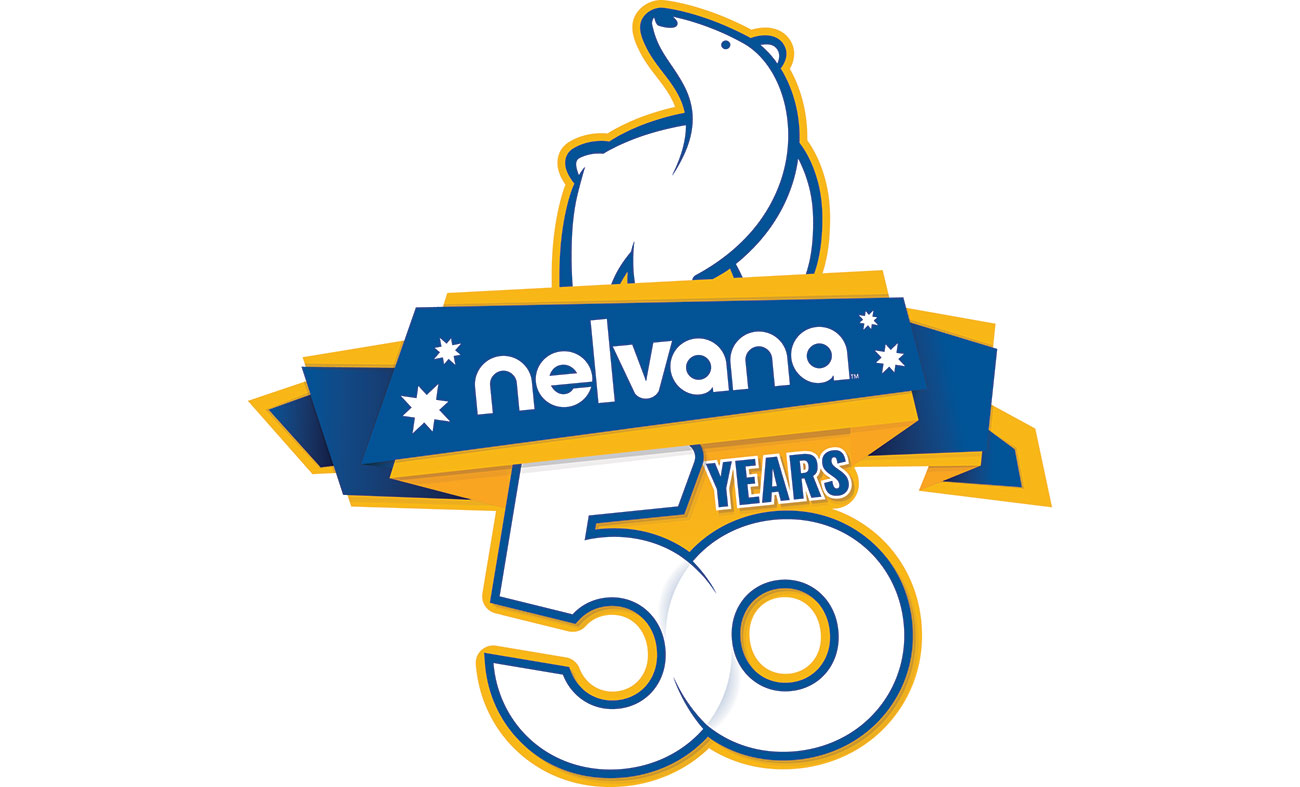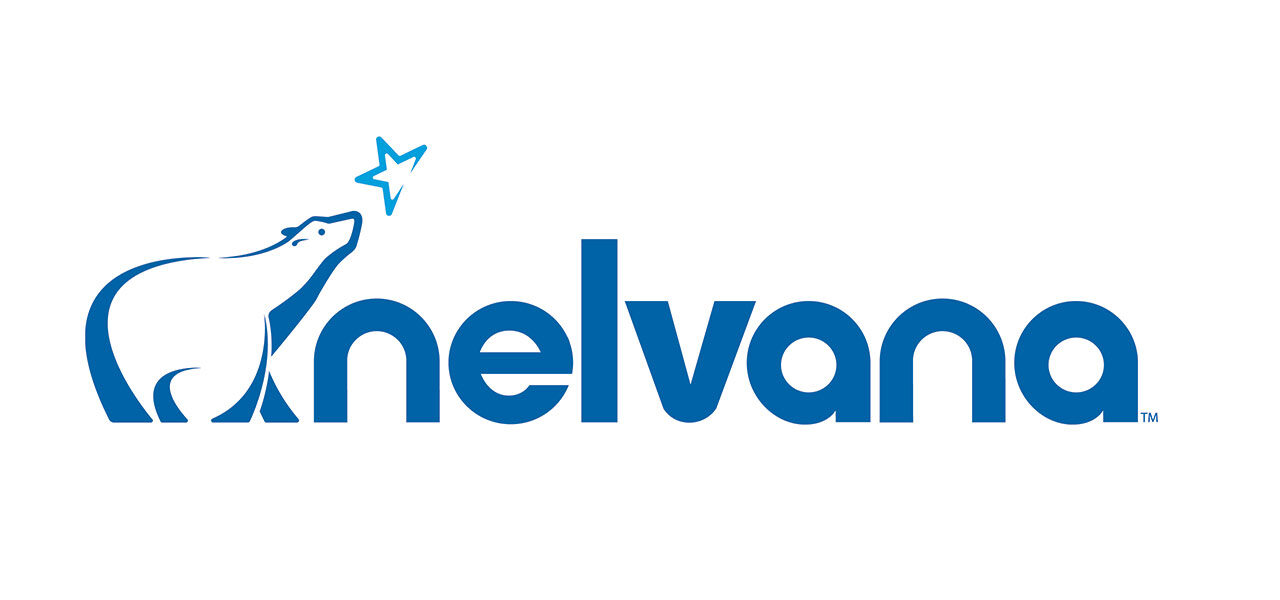
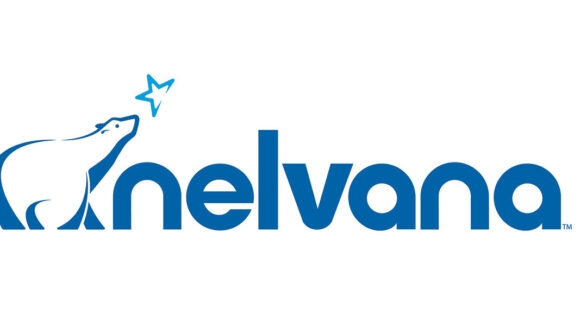
Nelvana At 50: Mapping Out The Studio’s Future With President Pam Westman
In today’s animation industry, which is growing and evolving at warp speed, 50 years seems like a geological age. When Nelvana celebrates its half-century anniversary next month, then, it can start by toasting its sheer longevity.
The company’s trajectory can almost be seen as a stand-in for the history of Canada’s animation industry. When Nelvana was founded in Toronto in 1971, the country’s commercial animation production was in its infancy. By now, the studio has staked out its place as the grandaddy of Canada’s thriving scene, its polar-bear logo as iconic as some of the characters in its programs.
Nelvana has produced and distributed countless shows and films, most of them animated kids’ series, many based on literature or other licensed IP. Its library stretches to over 4,400 episodes: Tintin, The Fairly Oddparents, Bakugan, Clone High, and Thomas & Friends are all in there. In 2000, the company was acquired by media giant Corus Entertainment, which also owns kids’ networks like YTV and Teletoon, as well as Toon Boom Animation and publisher Kids Can Press.

Far from resting on its laurels, Nelvana continues to diversify: into original features, festival shorts, gaming licenses, and European co-productions, to name just four areas. To learn more about the company’s recent changes and current strategy, we spoke to its president Pam Westman. Here are five takeaways from our wide-ranging conversation.
Accompanying the piece is a gallery of artwork showcasing just a few of Nelvana’s productions from its illustrious histroy.
1. Nelvana is responding to market demand for animated features.
Last year, the company announced a pact with Duncan Studio, which was founded by former Nelvana animator Ken Duncan, to develop original features. Westman explains that Nelvana had picked up on the recent success of animated features — not Pixar-scale films, but “smaller-to-middle-of-the-road” ones — at theaters, as well as growing demand for them from clients like streamers.
The studio is agnostic as to whether its future features will go to theaters or streaming. It is currently sticking to films based either on its own well-known IP or on an original idea from an experienced artist like Duncan. “We want to play carefully into this new area,” says Westman, stressing that Nelvana is still focused on series.
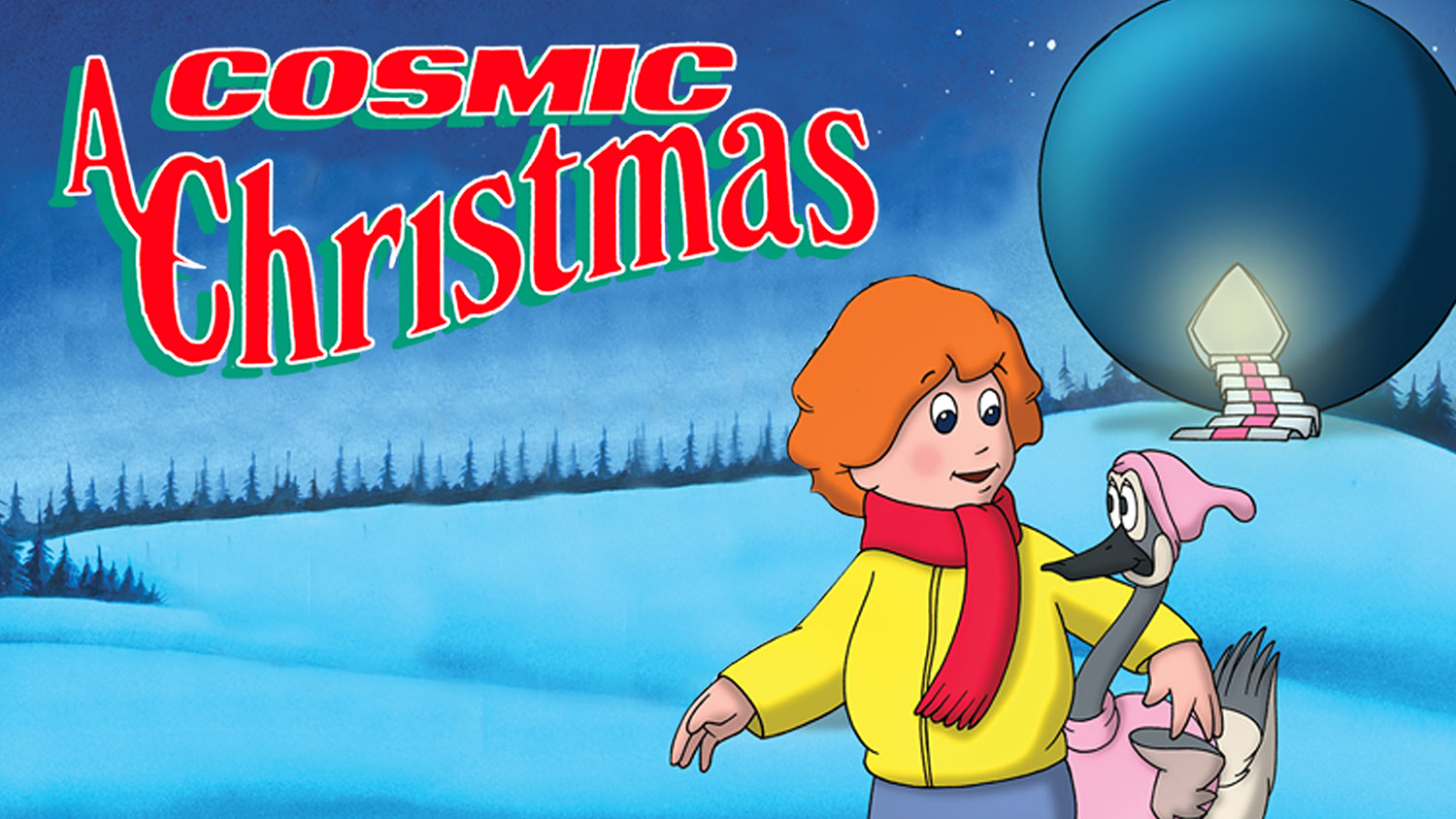
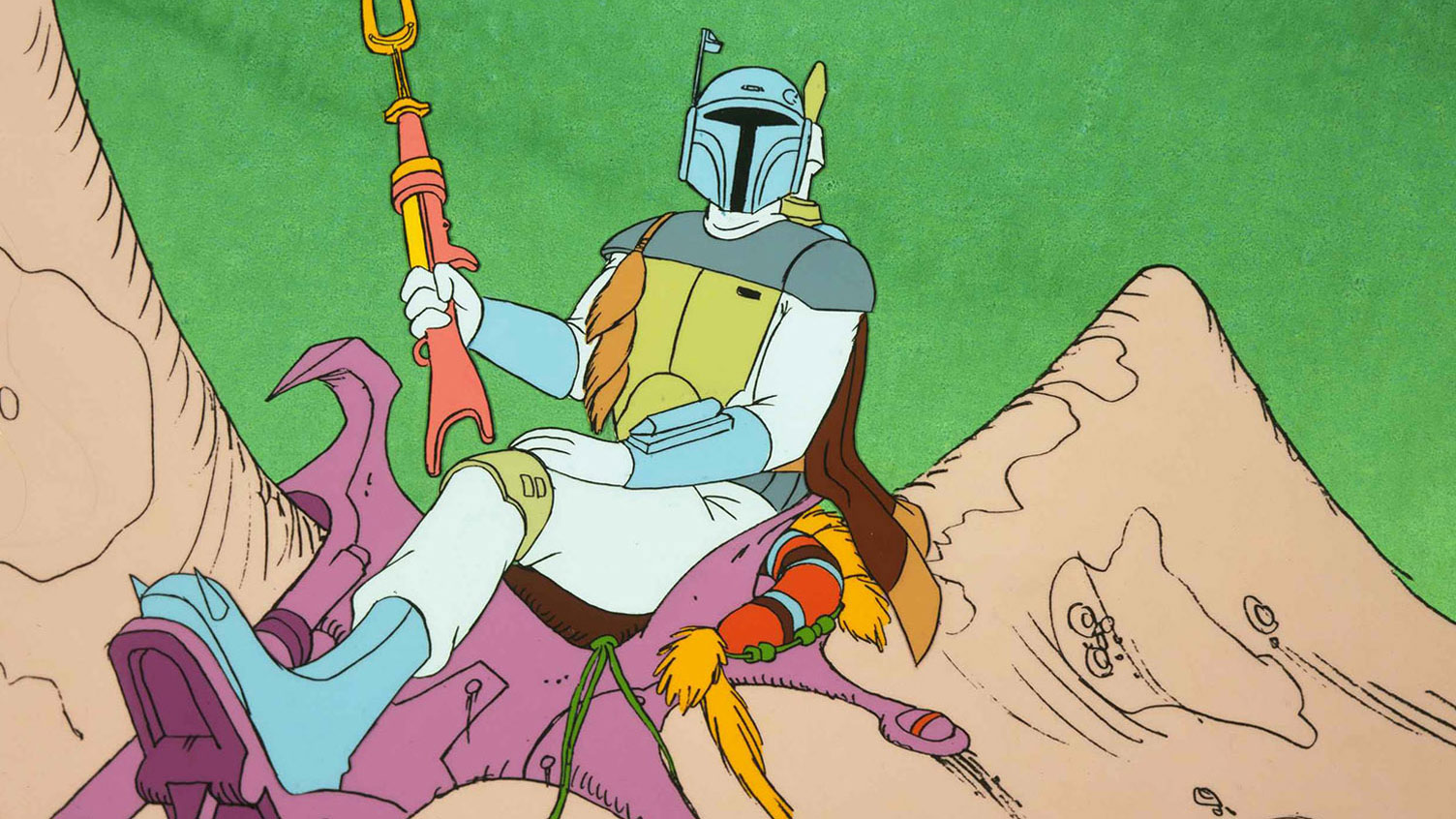
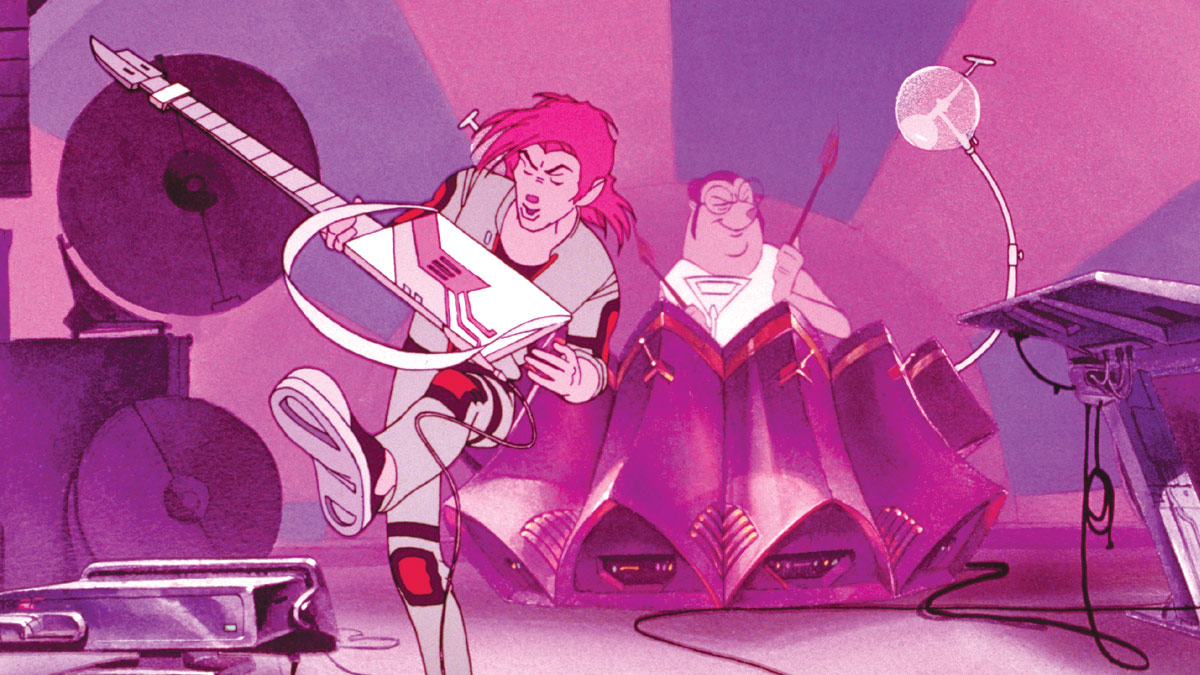
2. Youtube is a good testing ground for original IP.
Debuting content on the platform helps the company understand what viewers “gravitate to in terms of subject matter,” says Westman. The sort of content that premieres on Youtube is typically shortform (2–3 minutes): the Toon Bops musical shorts, say. Some Youtube series are later developed into fully-fledged tv series, one example being the live-action Miss Persona.
Youtube is useful to Nelvana in other ways. Even when it comes to more conventional tv series, “partner content” will be created for the platform, “because in this day and age, you can’t just have content on a linear channel.” Also, Youtube is a repository for titles from Nelvana’s vast library, a lot of which was previously just “sitting there, gathering dust” — the company’s Retro Rerun channel is a trove of vintage animation.
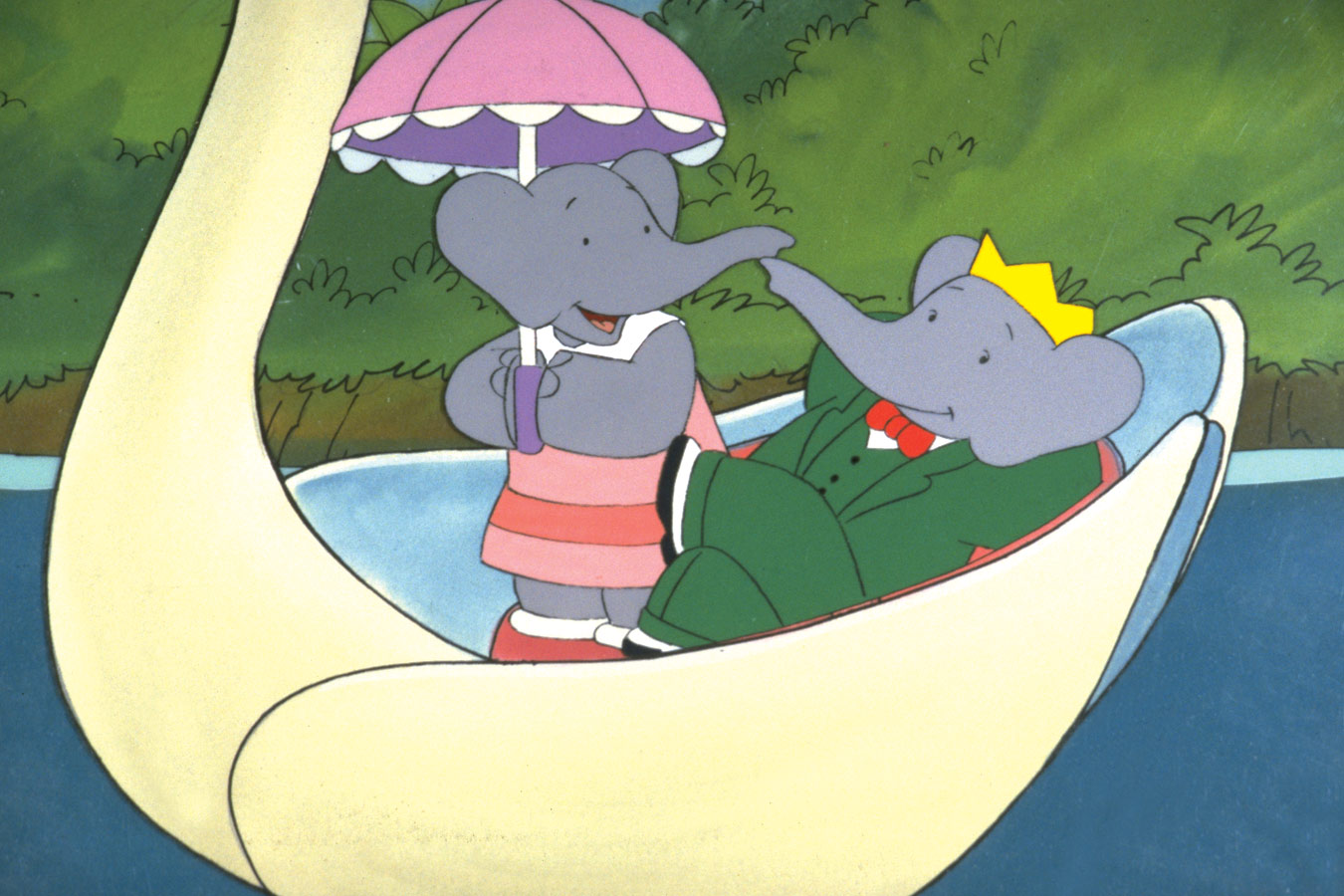
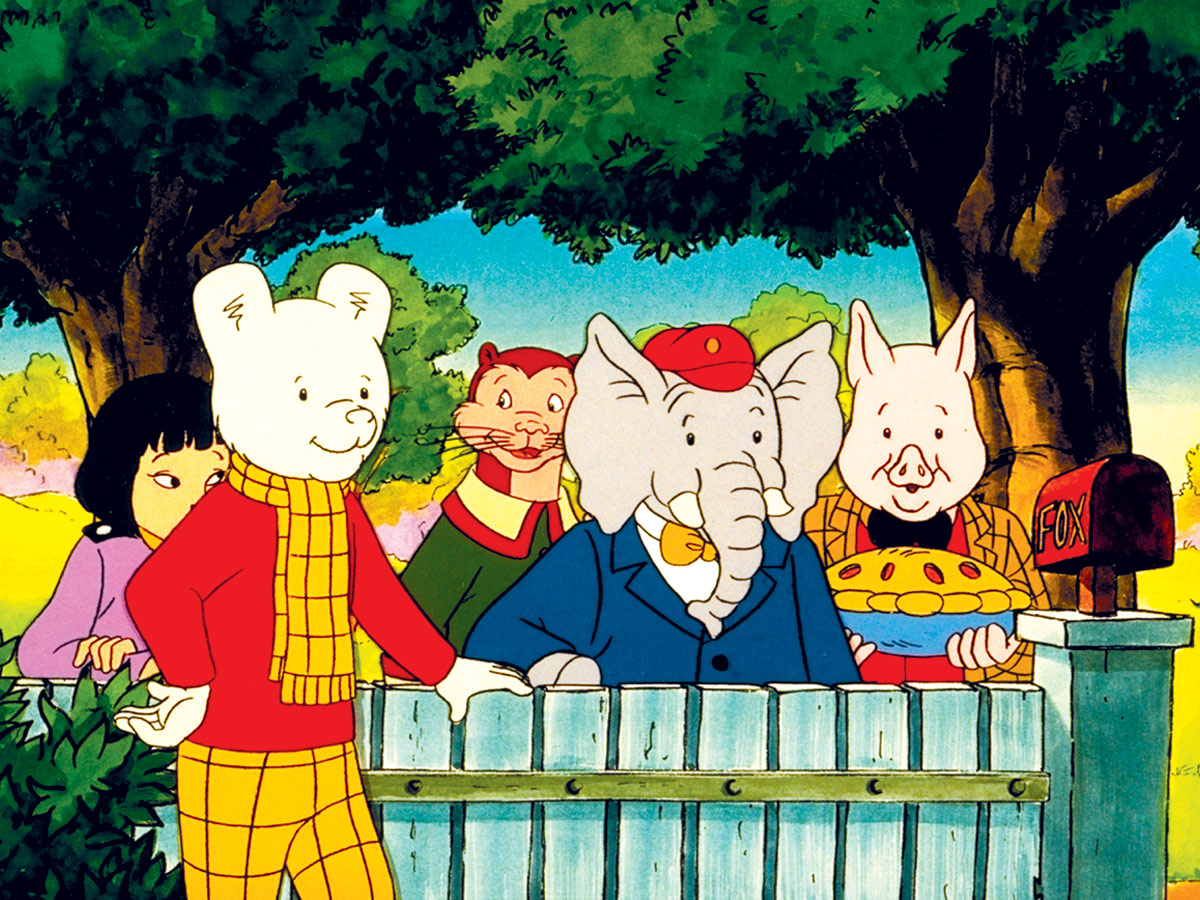
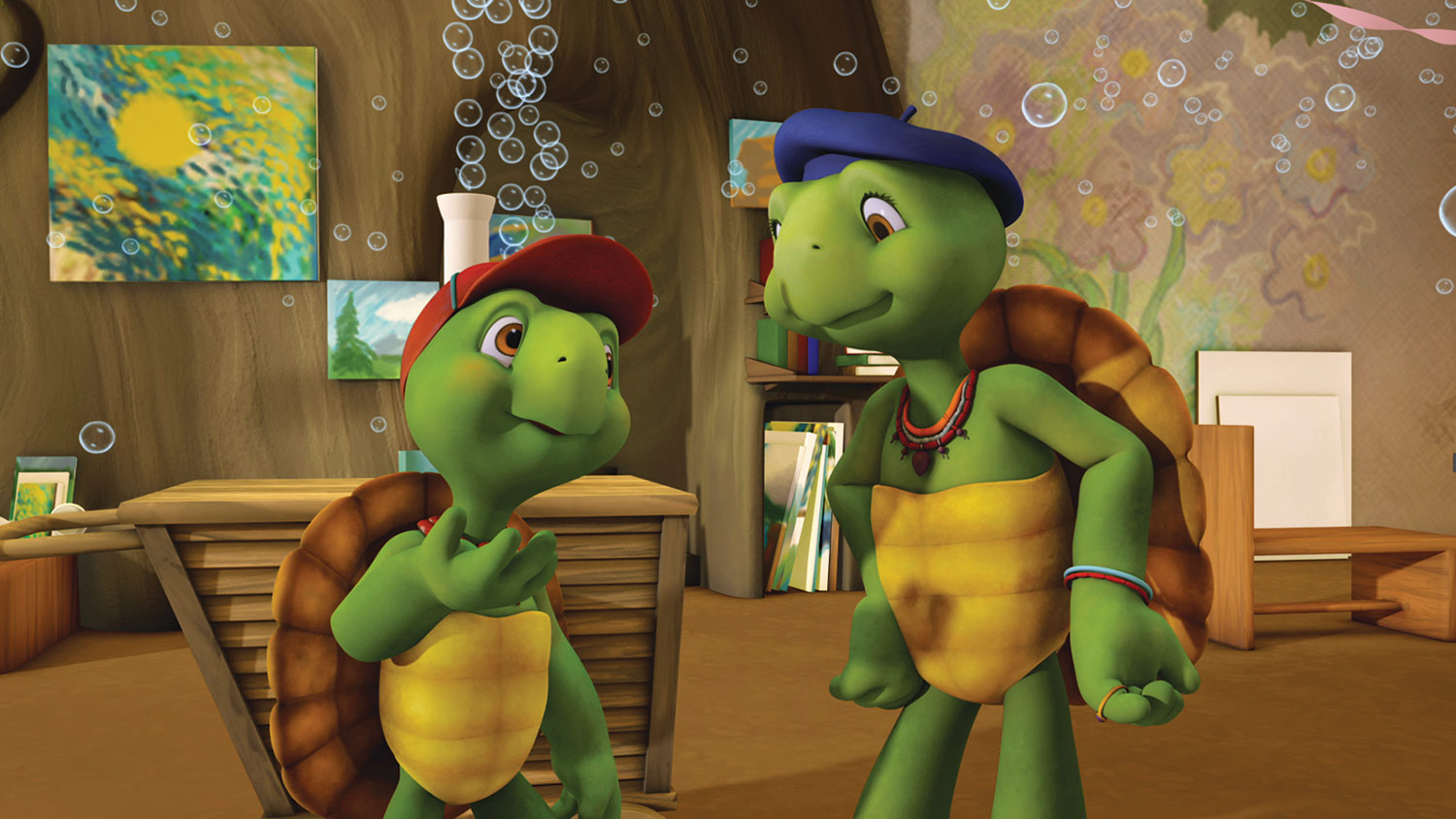

3. Gaming IP is an area of growing interest.
The competitiveness of the streaming and tv market has placed a premium on animated content based on properties with a ready-made fanbase, says Westman, and “gaming is such a huge part of the younger audience’s life now.” In 2019, Nelvana struck a licensing deal with Monomi Park over its Slime Rancher game (albeit with an initial focus on toys and publishing, not animation); more such partnerships are in the works. The company is also developing animated shows in which the characters themselves are gamers.
The challenge, Westman adds, is that “the gaming world moves fast. Characters come and go, personalities come and go quickly, and animation is not a fast art.”
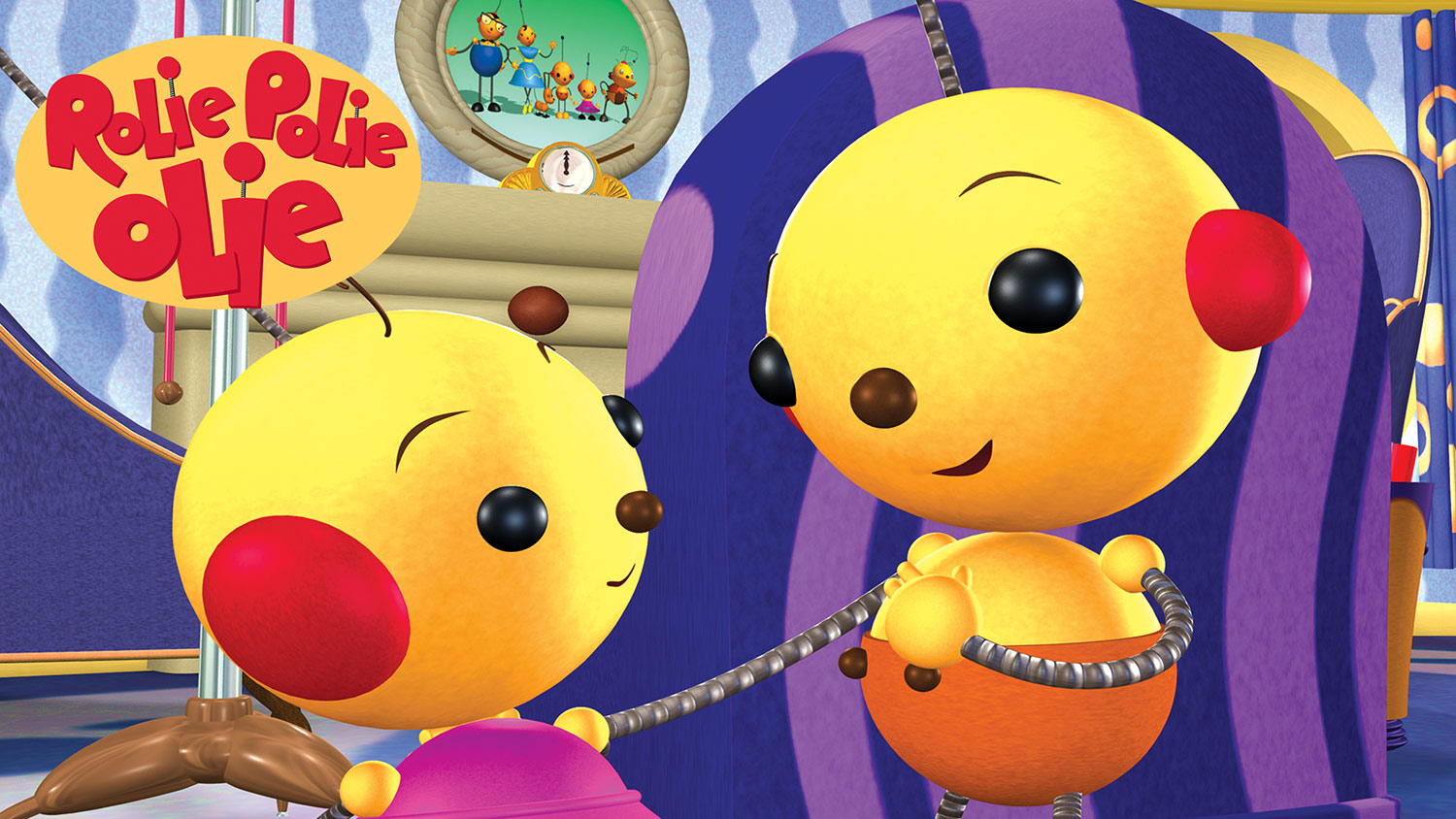
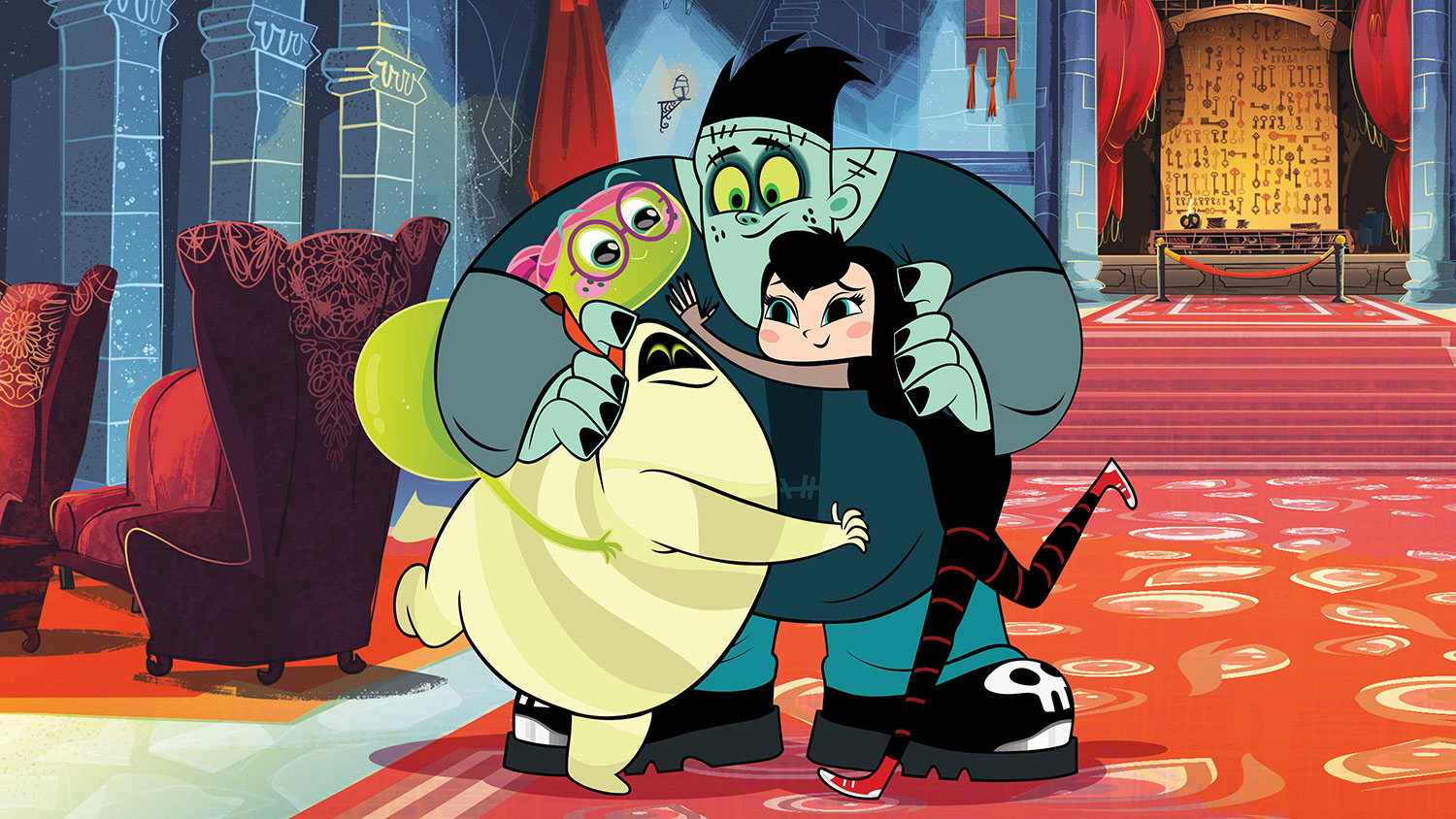
4. Short films are a great incubator for new ideas and tech.
In 2019, Nelvana released its 22-minute film The Most Magnificent Thing on the festival circuit. It was the first short film of its kind the studio had ever made. While it cost three or four times more than a normal 22-minute episode, the production brought several benefits. The team developed fur simulation techniques that were then used on the studio’s series Agent Binky: Pets of the Universe. The short has also inspired a spin-off series, Millie Magnificent (working title), which Nelvana is now bringing to the marketplace.
Crucially, the experience of making a short stimulated Nelvana’s artists, says Westman. “Grinding out over 200 episodes a year is a lot for a creative group of people, and every now and then, you want to be able to give them something special to work on.” Nelvana is now greenlighting new shorts, prioritizing ideas pitched by its own staff. It hopes to start doing “at least one a year.”

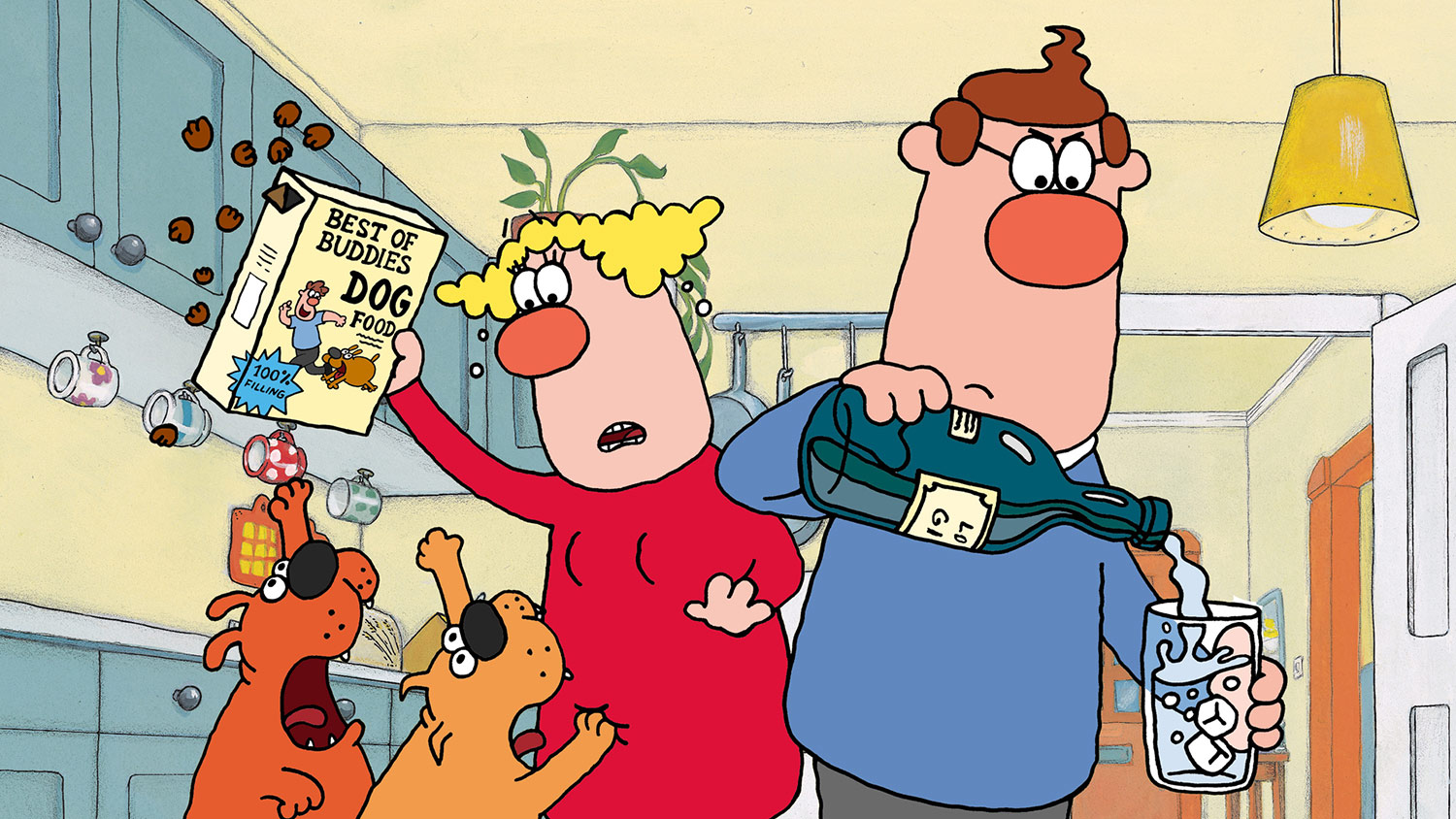
5. Nelvana’s animation studio is comfortable in its size.
Westman estimates that it has 200–225 staff, not including the business team: “That’s a number we like.” She acknowledges that the studio has had opportunities to grow now that people are working remotely (the company will soon outline its long-term plan for where staff will work). Nelvana would rather outsource extra work to other Canadian studios; it is also “actively exploring” European co-productions.
